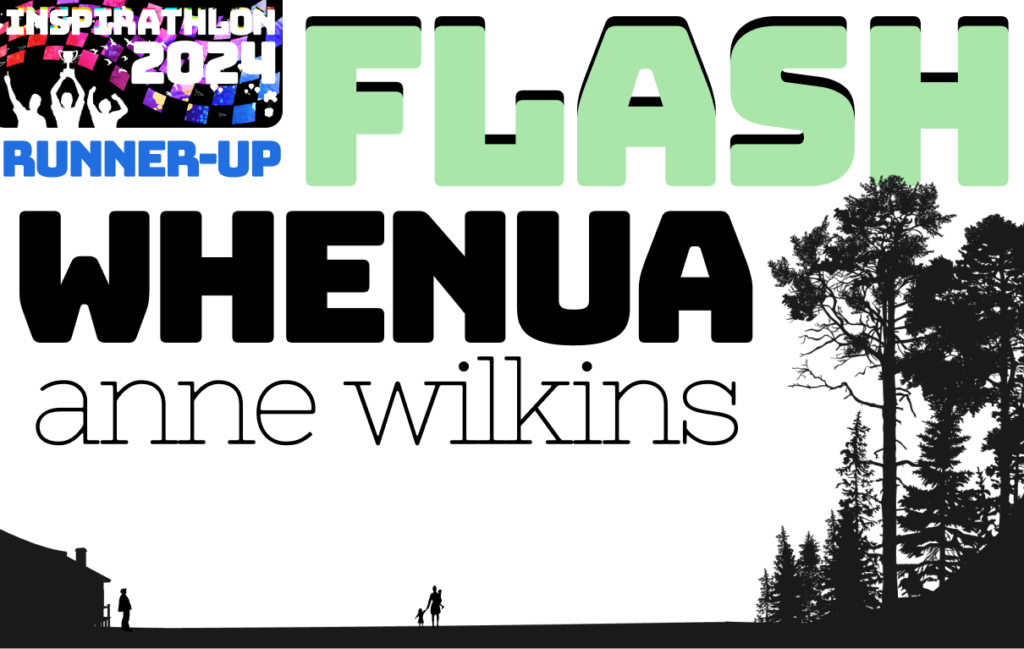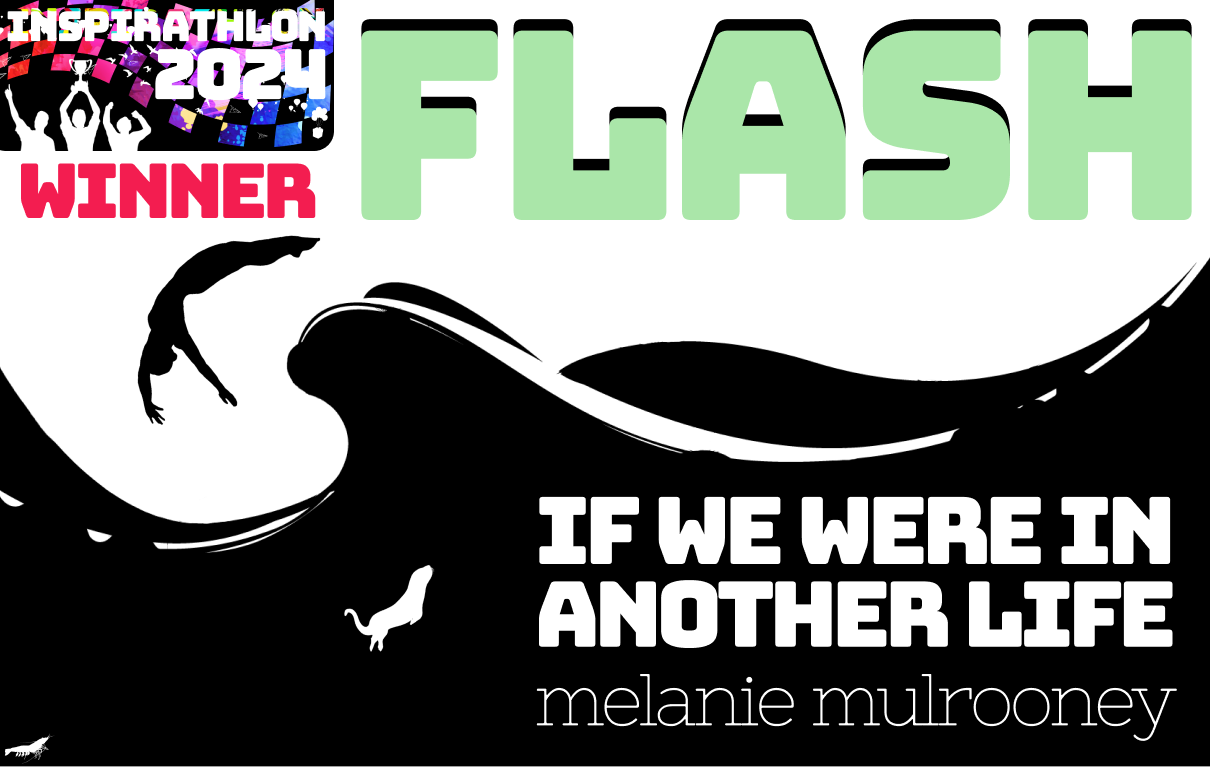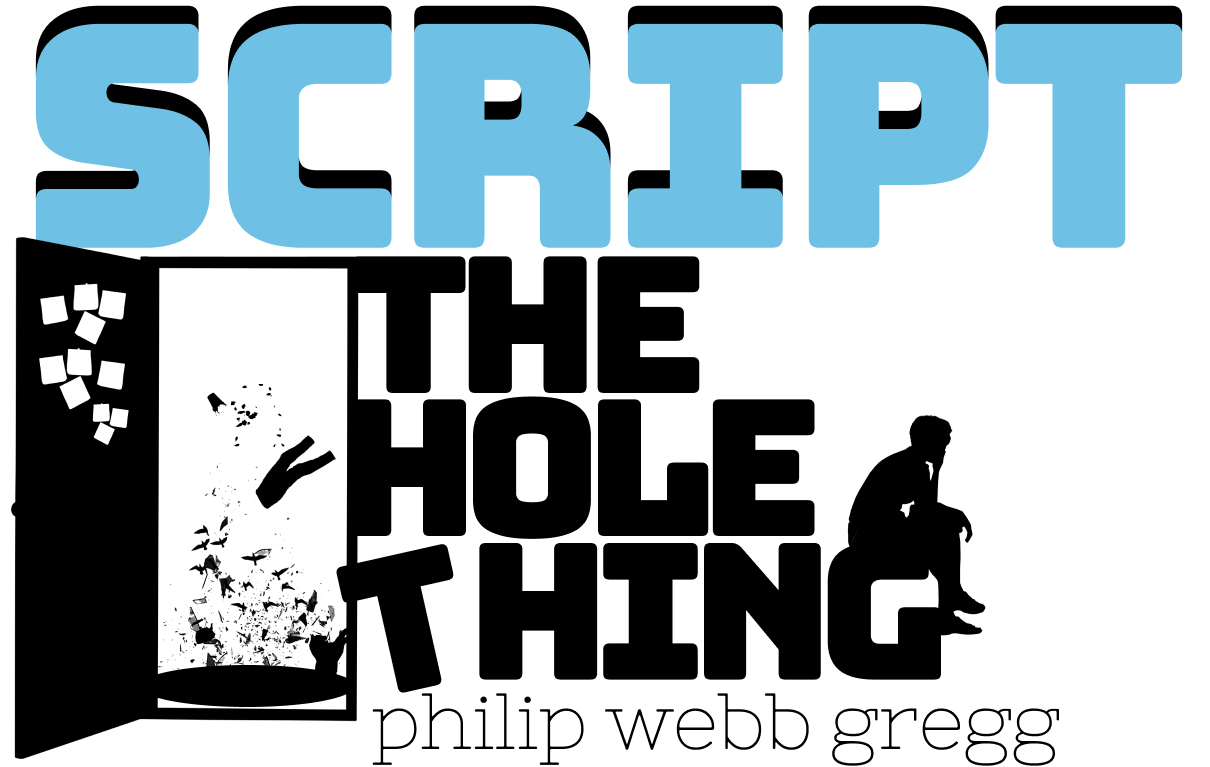
Whenua
There were three of us already planted in the backyard: Wiremu, Mataī, and me.
‘Why am I the smallest?’ I ask Mama, looking at my tree.
‘Because you were the youngest, Aroha. Don’t you worry, you’ll grow in time.’ She pushes my hair away from my eyes, and smiles. But not like she used to. It’s a straight line. ‘Here, hold the baby while I dig.’
I’m given my new sister. She smells new, not like from the shop new, but new like when the clothes are all happy from being dried with sunshine. Her mouth’s all shut up for now, but when she gets going she can yowl like a cat. Her skin’s real pale too, like she’s never seen sunlight, and I guess she hasn’t, since she’s been in Mama’s tummy all that time.
‘She going to get browner?’
Mama stops with the spade.
‘Not like you, or your brothers.’
I guess that makes sense. Baby’s got a different dad, a white one. And when you mix two white paints together you only ever going to come up with another white.
‘How come Gary isn’t here?’
‘He had things to do,’ says Mama. But I don’t think that’s the whole truth. I heard him in the morning when I was pretending to be sleeping, saying he had no time for any of that Māori shit. And so Mama, just two days out from the hospital, is digging herself.
‘That’s deep enough, hand me the box.’
I don’t really want to touch it, but with one hand I push it closer to her. In there is what Mama calls whenua, which is a Māori word for afterbirth. It also means land, ‘cos they’re both connected. The whenua’s covered in woven flax, but I don’t want to see. Gary says it’s something yucky that was in Mama’s tummy and fed the baby. He says most people leave it at the hospital, but Mama insisted on bringing it home.
‘You’re all buried here,’ says Mama, her eyes getting damp. ‘Wiremu, under the Kanuka, Mataī of course under a Mataī, and you, Aroha, under a Horoeka.’
There’s no trees for Gary or Mama; I guess their afterbirth got left at the hospital, but I know there’s a tree for Daddy planted by his Mama. It’s a big Kauri at the far end of the property. Mama says it’s protected and that Kauri’s can live for thousands of years.
I wish Daddy could’ve lived that long.
Mama buries the whenua, and then plants a tree on top. She says a karakia, maybe some of the words are wrong, but she tries. If my brothers were here they’d know, but Gary said studying for exams is more important, so they’re back at the house, probably watching from the windows.
‘You okay, Mama?’
She looks a little pale, and there’s big sweat stains under her armpits. ‘I miss him… you know?’ And she’s looking at the Kauri, standing there at the back, its big branches swaying, saying, I’m still here.
‘We all do.’ Daddy would’ve known the right words to say, and he would’ve been here with my brothers and Mama, holding her hand, and digging the hole.
The baby chooses that time to wake up and start her yowling. I hand her back to Mama. She sits down, her back against my brother’s Kanuka, and opens her shirt up to feed. Her eyes get a misty look about them.
‘Gary’s a good man,’ she says eventually, as if she’s trying to convince herself.
I don’t say anything. ‘What kinda tree did the baby get?’ I ask instead.
‘A Mānuka,’ says Mama. ‘It’ll be good for the bees and making honey, and it has the prettiest flowers.’
‘You got a name yet?’
‘Gary likes Daisy.’
‘Daisy?’ It’s not a Māori name like the ones my brothers and I have, but then the baby’s not Māori. Daisies can grow anywhere, and in hard places too. Whatever the baby’s called I’ll love it just the same, ‘cos it’s Mama’s baby. A part of her.
When the baby’s finished feeding, Mama buttons up her shirt.
‘You ready to go back?’
‘You’re… not wearing it.’
Her hands go to her throat, and she knows. Her cheeks blossom. ‘Gary… he didn’t…’
‘Like that Māori shit?’
‘It’s not like that,’ she says. Even though it is.
Dad made it for her. A greenstone pendant, pounamu, and I’ve never seen her without it.
We walk back to the house slowly, leaving our trees to grow; to share the soil, sunlight, and rain.
‘All finished?’ says Gary, and he grabs the baby. ‘How’s my little girl?’
Mama goes into her bedroom and returns with her pounamu.
It’s part of her, like me, my brothers, the baby.
Her smile’s a curve.

Anne Wilkins
Anne Wilkins is a former family court lawyer and now a sleep-deprived primary school teacher in New Zealand. She writes in her spare time (which she has very little of).
Her work can be found in Apex Magazine, Cosmic Horror Monthly, Elegant Literature, All Worlds Wayfarer, Sci-Fi Shorts and elsewhere.
Anne is the winner of the June 2024 “Bad Blood” Elegant Literature Prize, the 2023 “Halloween Frights” Autumn Writers Battle, and the 2023 Cambridge Autumn Festival Short Story Competition.
More!





